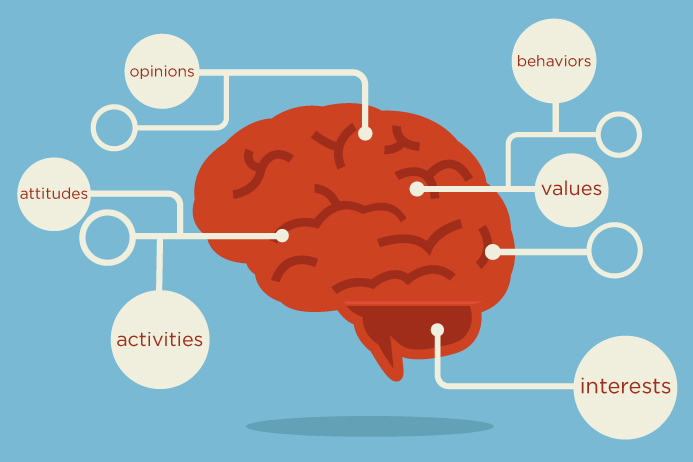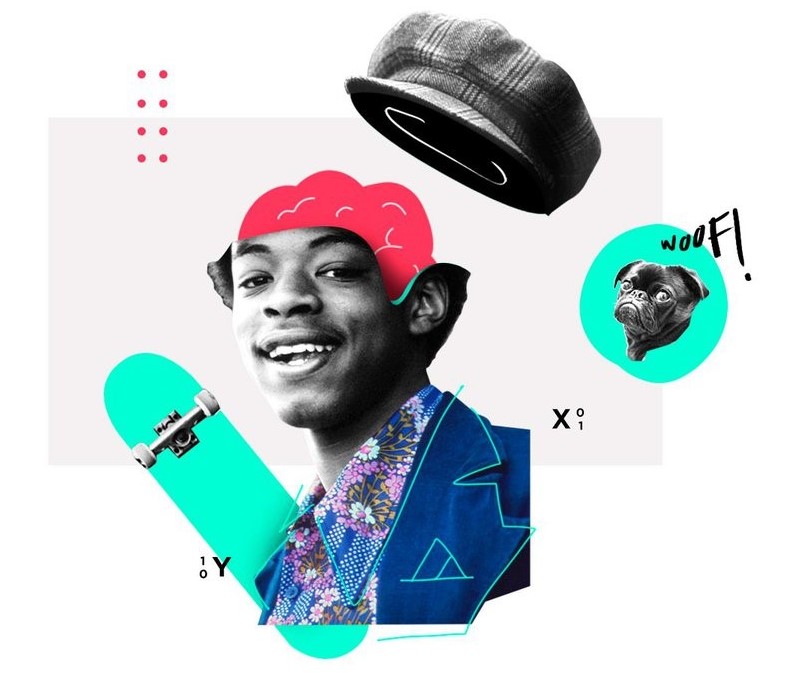
Leadership, Diversity & Skill Set for Innovation
By Ulysses Youngblood
Adjunct Professor at Clark University and President of Major Bloom
The idea of diversity is to welcome people in the workplace where everyone feels embraced. Studies prove that diverse teams are more successful, but what is precisely considered diverse? As a leader, how can you achieve team goals while also encouraging individuality? The goal is not to reach any particular number-driven objective but to develop the right skillsets and recognize self-worth.
What is Diversity?
Diverse factors can range from basic demographics like age, gender, and ethnicity to geographics such as location. Depending on who you speak to, these primary segments can be considered diverse. For example, a campus might be full of students from all over the world but generally, grouping them as students will lead to a little explanation of who they are as people.
A more profound understanding of diversity is in our mentality through psychographics. Traits and factors that are considered psychographics classifies people according to their attitudes, aspirations, and other mental criteria. On a global campus, some students might favor a sport like Soccer because the game is more relevant than football in their country.
“Socially diverse groups are more innovative and productive than homogeneous groups.”
The Role of Leadership
Through our experiences, upbringings, environment, and biological traits, to name a few parts, we all develop our unique characteristics, which lead to skillset. A leader’s position is to bring out the best of all those in your people and recognize values & principles in ourselves. How do you realize your worth and skill set as a leader?
- Start by appreciating all your experiences: You may have been in a past position where things didn’t work out and quickly became a disaster. The process of valuing your own experience is to be grateful for your obstacles.
- Honor your family: According to MentalHealthCenter.org, childhood troubles can lead to heightened anxiety, depression, and anger as an adult. A troubled childhood can lead to built-up frustrations or, on the other hand, create a rockstar acknowledging their family deficiencies and grows to make things better for the next generation. Unfortunately, many workplaces do not accommodate these types of extensive conversations amongst their people, so you have to start searching and reflecting on yourself.
- Be as present as possible: Be where you want to be. Avoid the person who complains about Mondays and celebrates Fridays because the weekend is ahead. During COVID, the workplace took a drastic shift, and your working environment further includes the online and digital space. Working from home can be distracting, so while you are on your video and conference calls, be as engaging as possible.
- Try your best to understand other races and genders: The most glaring leadership gap lies within these demographics. As an example, one of the highest-ranked leadership positions globally, the President of the United States, where most of our presidents for over 220+ years are men and share the same ethnicity. Leadership is empathy and understanding the perspectives through many different walks of life. If a long-term and day-to-day leadership team represents different ages, gender, and educations at a basic level, you are heading in the right direction.
The Value Diversity and Inclusion Brings to the Work Environment

The Wall Street Journal reports studies by economists, demographers, and research firms, that socially diverse groups are more innovative and productive than homogeneous groups. Their studies show that organizations that bring diversity and inclusion at a board and leadership level form a more inclusive culture and become a primary fiduciary duty that benefits stakeholders.
Encouraging individuality is to create an environment of choices. Secondary education and trade studies are a place of discovery on skillset. Naturally, we learn from others who have similar skills and who want to meet similar goals. For example, a Philly kid with ball-handling skills set out to lead his team to a championship with the 6″10′ rebounder from Romania one day. They both have different basketball skills with entirely distinct backgrounds and the same winning goal.
Values are a motivating factor in the achievement of goals and are also a psychographic trait. A sports player with siblings likely gets extra time with the game because after practice, at home, they each have another team-mate to develop skills. Family dynamics and social views are determinants that group us; like when your co-worker has children around the same age, you two create playdates.
As we build out diverse teams and set goals in the workplace, we have to be that leadership that walks the walk and is diverse in its own right. And in today’s environment, we can not be afraid to separate the conversation around gender and race to become more inclusive and welcoming for all.
About the Author
Ulysses Youngblood is the President of Major Bloom, an impact-driven cannabis company in the Economic Empowerment program. The company has licenses for manufacturing, retail, and a delivery certificate in Worcester, MA, as a vertically integrated operation. Ulysses is also an Adjunct Professor of Entrepreneurship, Innovation, and Cannabis Regulation at Clark University in Worcester. He received a bachelor’s degree in business from Sacred Heart University and later earned an MBA from Northeastern University while gaining corporate leadership roles.
About Tech Quest Apprenticeship
Tech Quest Apprenticeship provides business technology training nationwide for unemployed and underemployed individuals, and to those who seek to master relevant technology skills in an evolving workplace. Clark University is working with Public Consulting Group (PCG) and a national consortium of workforce development boards and higher education institutions to provide 4,000 pre-apprenticeships and 1,000 information technology (IT) and IT-related apprenticeships to thousands of individuals in eight states through 2023.
About Clark University
Founded in 1887, Clark University is a liberal arts-based research university that prepares its students to meet tomorrow’s most daunting challenges and embrace its greatest opportunities. Through 33 undergraduate majors, more than 30 advanced degree programs, and nationally recognized community partnerships, Clark fuses rigorous scholarship with authentic world and workplace experiences that empower our learning community to pursue lives and careers of meaning and consequence. Clark’s academic departments and institutes develop solutions to complex global problems across the disciplines, and the University addresses the behavioral health of adolescents and young adults through the Mosakowski Institute for Public Enterprise.